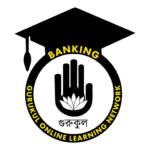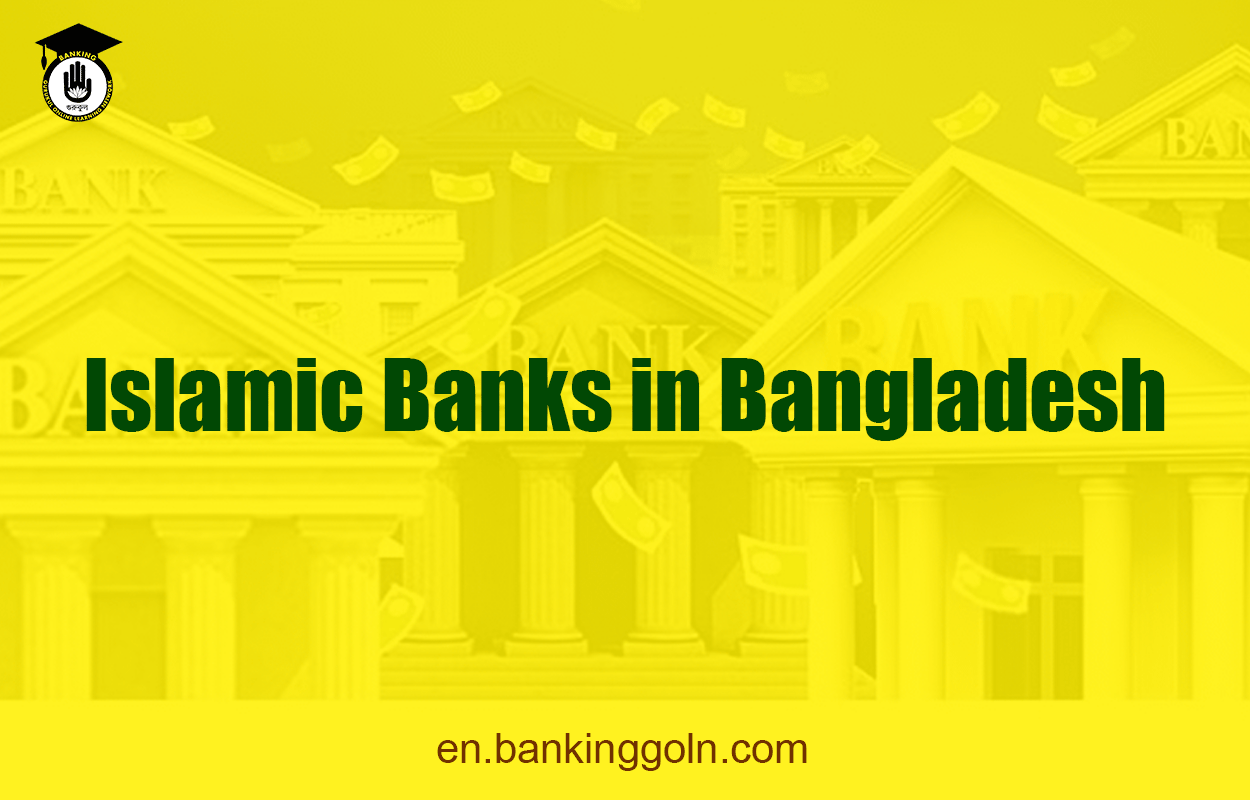The Islamic banking system is a key pillar of the financial structure in Bangladesh, playing a crucial role in fostering economic growth and financial inclusion. Rooted in the principles of Islamic law, or Shariah, it prohibits earning interest and ensures that all business activities are conducted ethically and contribute positively to society. As of now, Islamic banking is a vibrant part of the banking sector in Bangladesh, with several fully-fledged Islamic banks and traditional banks offering Islamic banking services through designated branches or windows.
Islamic Banks in Bangladesh

The journey of Islamic banking in Bangladesh began in 1983 with the establishment of the Islamic Bank Bangladesh Limited (IBBL), the first institution to introduce Shariah-compliant banking in the country. The success of IBBL paved the way for more Islamic banks, and the sector has grown exponentially since then. As of 2023, Bangladesh boasts a total of 8 full-fledged Islamic banks and numerous conventional banks that offer Islamic banking services.
The Islamic banking model in Bangladesh is primarily based on two contract types: Mudaraba, a profit-sharing agreement, and Murabaha, a cost-plus-profit arrangement. These structures ensure risk sharing between the bank and the customer, promoting ethical and responsible financing.
Islamic banks in Bangladesh have made considerable strides in mobilizing deposits from individuals who prefer a Shariah-compliant banking system. They have shown a steady growth rate in deposit mobilization, which has helped in the expansion of their investment portfolios. By offering a diverse range of Shariah-compliant financial products and services, such as home financing, auto financing, and small and medium-sized enterprise (SME) financing, these banks have catered to the different needs of consumers.

One significant feature of Islamic banks in Bangladesh is their commitment to social responsibility. They have implemented mandatory corporate social responsibility activities as part of their operations. Most Islamic banks have special funds for charity, and they allocate a certain percentage of their annual profits to sectors such as education, healthcare, and disaster relief. This approach aligns with the Islamic principles of caring for the less fortunate and helps foster a sense of social responsibility within the banking sector.
Moreover, Islamic banks have been essential in promoting financial inclusion in Bangladesh. They have reached out to the unbanked population in remote rural areas, offering them an ethical and interest-free banking alternative. Innovative banking solutions like mobile banking and Internet banking have made it easier to reach and serve these communities.
Islamic banking in Bangladesh also faces some challenges. One major challenge is the lack of adequate regulatory and supervisory frameworks tailored to the needs of Islamic banking. While the Bangladesh Bank has taken initiatives to develop regulations for Islamic banks, there is a need for a more comprehensive regulatory framework.

Another challenge is the lack of awareness and understanding of Islamic banking among the public. Despite the growth of Islamic banks, many people in Bangladesh still do not understand the difference between conventional and Islamic banking. Thus, there is a need for more extensive efforts to educate the public about the principles and benefits of Islamic banking.
Further, the lack of trained human resources in Islamic banking is also a significant challenge. Islamic banking requires specialized knowledge of Shariah laws in addition to traditional banking principles. Therefore, there is a need for educational and training programs to cultivate professionals skilled in Islamic banking.
Looking to the future, there are several opportunities for Islamic banking in Bangladesh. The industry can further leverage digital technology to reach more people and offer more efficient and convenient services. Islamic microfinance is another area with enormous potential. By offering Shariah-compliant microfinance services, Islamic banks could get a large number of micro-entrepreneurs in Bangladesh and contribute to poverty alleviation.
In conclusion, Islamic banking has become an integral part of the financial landscape in Bangladesh, offering a unique blend of ethical and sustainable banking. Despite some challenges, the prospects for Islamic banking in the country look promising. With appropriate regulatory support, public education, human resource development, and leveraging of technological advances, the sector can continue to grow and contribute to the economic and social development of Bangladesh.

List of Islamic Banks in Bangladesh and their specialities:
Here is a list of Islamic banks currently operating in Bangladesh, along with their specialities:
Islamic Bank Bangladesh Limited (IBBL):
Founded in 1983, IBBL is the pioneer of Islamic banking in Bangladesh. It offers a wide range of products and services including Mudaraba Savings Accounts, Mudaraba Term Deposit Accounts, and various investment schemes. Its specialities include rural development schemes and SME banking.
Al-Arafah Islami Bank Limited:
Established in 1995, Al-Arafah Islami Bank Limited is known for its strong contribution to economic and social development. The bank offers a variety of deposit schemes, foreign trade financing, and online banking services. It specializes in Mudaraba and Musharaka financing.
Social Islami Bank Limited (SIBL):
SIBL, since its establishment in 1995, has been dedicated to bringing banking services to the underprivileged sections of society. Its specialities include Micro Savings schemes and Micro-Investment schemes aimed at fostering economic development and self-employment.
Export-Import Bank of Bangladesh Limited (EXIM Bank):
Converted into a full-fledged Islamic bank in July 2004, EXIM Bank specializes in trade finance, particularly in export and import businesses. It also offers retail, SME, and corporate banking services.
Shahjalal Islami Bank Limited:
Established in 2001, this bank offers a full range of banking services such as retail banking, card services, SME banking, and foreign exchange and trade finance. It also specializes in investment banking services.
First Security Islami Bank Limited (FSIBL):
Founded in 1999, FSIBL has an extensive range of products and services including retail banking, SME banking, and corporate finance. Its specialties lie in the provision of Internet banking and mobile banking services.
ICB Islamic Bank:
ICB Islamic Bank has a broad portfolio of products covering areas such as retail banking, SME banking, and corporate banking. One of its specialties is the provision of a wide array of corporate investment products.
Union Bank Limited:
The newest entrant to the Islamic banking sector in Bangladesh, Union Bank Limited was founded in 2013. It offers a full suite of banking services and specializes in SME banking, agricultural investment, and microfinance.
In addition to these full-fledged Islamic banks, a number of traditional banks in Bangladesh offer Islamic banking services through Islamic banking branches or windows. These include Dhaka Bank, Standard Chartered Bank, and Eastern Bank among others.
See more:
